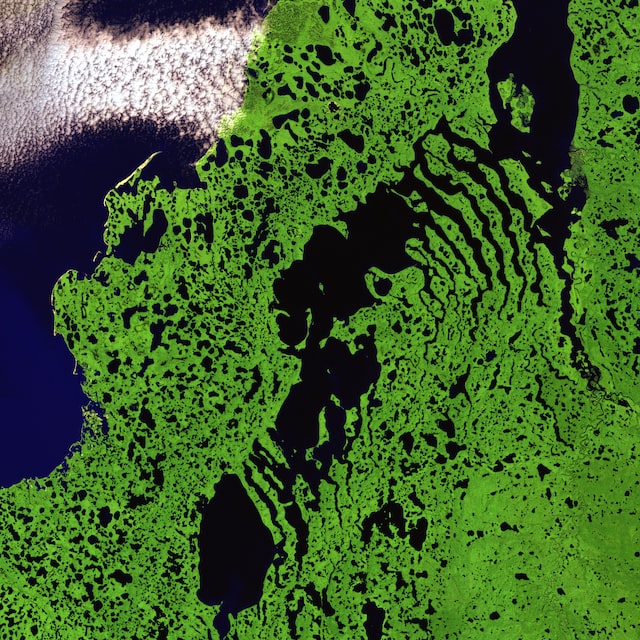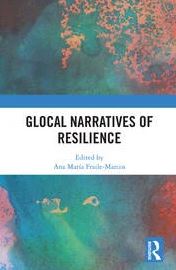
McMaster University | Faculty of Humanities; Department of English and Cultural Studies
| Research Areas: Postcolonial Ecocriticism; Cultural Studies; Environment, Space and Place; Globalization and Culture; Literary Interpretation |
Dr. Susie O’Brien is a Professor of English and Cultural Studies at McMaster University. Her work in postcolonial ecology and risk and resilience has been published in Canadian Literature, Resilience: a journal of the environmental humanities, Globalizations, Postcolonial Text, Interventions, Mosaic, South Atlantic Quarterly, and elsewhere. O’Brien’s contributions to “Racialized Ecologies in and Beyond Settler-Colonial Canada: Documentary, Speculative and Poetic Texts and Contexts” develops from her book manuscript Unsettling Resilience Stories (contract with McGill-Queen’s University Press), which considers the currency of resilience as both a psycho-social and social-ecological concept in settler-colonial societies. O’Brien’s contributions will expand the focus from a chapter analyzing Toronto’s 2018 Resilience Strategy also to consider Montréal and Vancouver, which are also part of the Rockefeller Foundation’s 100 Resilient Cities project. In her analysis of urban contexts and literary texts, O’Brien will also consider the enlistment and frictions of urban arts organizations within settler-colonial resilience planning.
Selected Publications

O’Brien, Susie. “‘The Story You Don’t Want to Tell’: Decolonial Resilience in Thomas King’s The Back of the Turtle” in Glocal Narratives of Resilience, Ed. Ana María Fraile-Marcos, Routledge, 2019.
In this chapter, O’Brien considers the function of storytelling in both a dominant model of resilience that manages the complexities of settler colonialism and an alternative model rooted in Indigenous knowledges that supports struggles for decolonization. O’Brien analyzes Thomas King’s novel The Back of the Turtle alongside King’s discussions of storytelling as a meditation on these contending versions of resilience and the use of stories for decolonization and planetary justice.

O’Brien, Susie. “Resilience Stories: Narratives of Adaptation, Refusal, and Compromise.” Resilience: A Journal of the Environmental Humanities, vol. 4 no. 2, 2017, pp. 43-65.
O’Brien analyses the narrative and function of resilience stories as a mode to cope with present disasters, prepare for future ones, and, most crucially, engage with the circumstances that condition of imagination of the future.

O’Brien, Susie. ‘We Thought the World Was Makeable’: Scenario Planning and Postcolonial Fiction. Globalizations. vol. 13 no. 3, 2016, pp. 329-344.
This essay uses Indra Sinha’s novel, Animal’s People, to critique the discourse of scenario planning, arguing that it elides history and colonialism in favour of a globalized future. O’Brien provides a genealogy of scenario planning and offers a postcolonial reading of the novel as a counterpoint to the hegemonic temporality of globalization that informs scenario planning and its model of risk management.
